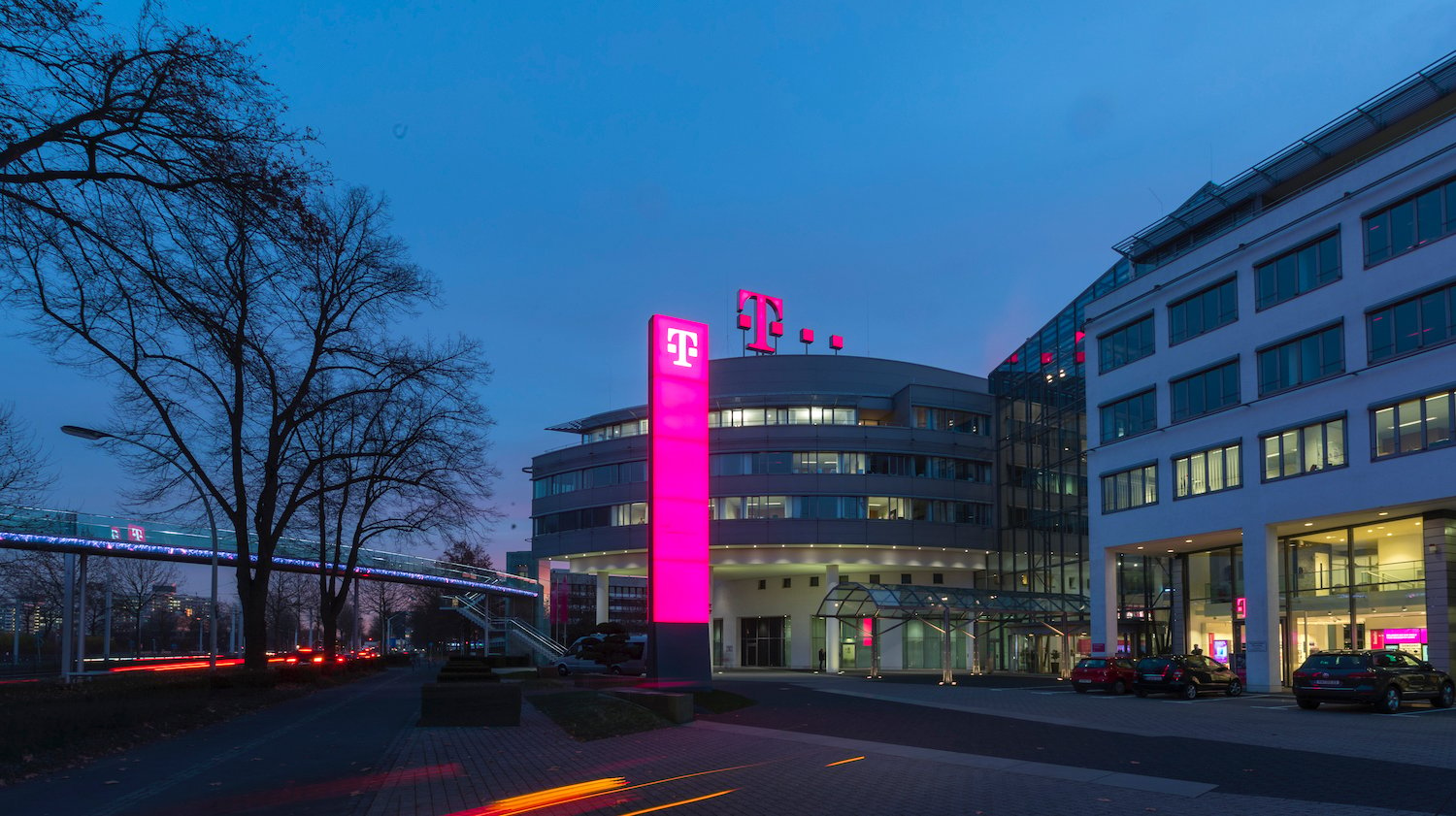Deutsche Telekom is the largest telecoms provider in Europe. But in order to continuously strengthen that leadership position, its CEO realised that a data-centric approach throughout the entire business would be needed. The paid media team in the company’s headquarter in Bonn, Germany, agreed – the paid media ecosystem was fundamentally changing, and they had to change with it. Consumers were moving their attention online, and publishers - both new and old - were moving with them. The marriage of technology with advertising could provide brands with improved targeting, measurement and optimisation of marketing - all thanks to the power of data.
The brand felt that continuing in the way it had been doing things - where all paid media responsibility sat with one, consolidated agency - would lead to stagnation. Ceding control to this agency was holding back Deutsche Telekom in four key challenges: commercial transparency, flexibility, ownership of data, and in-house expertise.
So, to improve transparency and flexibility, and earn greater value from data, Deutsche Telekom decided to revamp its media set-up by placing two things at its heart: data-driven and fact-based decision making; and better utilisation of technology and first-party customer data.
Over a period of more than 2 years and at huge effort, Deutsche Telekom defined and implemented its new Media Operating Model (MOM). ‘Taking Charge’ and ‘Driving Change’ became the mantra for this model and resulted in the advertiser taking control of certain aspects of the advertising value chain such as media strategy and steering, and, in parallel, outsourcing certain aspects to one or more partner, such as technology vendors or agencies.
In addition to this, it was important for Deutsche Telekom to have expert guidance from a partner that was operational in programmatic, but not a part of the MOM. Deutsche Telekom wanted the knowledge gained from a partner that was working on client campaigns day-to-day, coupled with an independence that would provide unconflicted advice.
To assist in implementing the new model, Deutsche Telekom appointed Infectious Media as digital transformation consultants. The brief for Infectious Media was to use its experience of digital advertising to identify the key priorities that Deutsche Telekom would need to address and build a roadmap of projects from these priorities that would lead to data-driven success.
Updating the technology blueprint
If Deutsche Telekom wanted control and transparency, then it would need a finely-tuned technology stack that was optimised to do that. Without this, everything the brand did would be held back by the stack’s limitations. The business felt its current technology blueprint was no longer fit for purpose. Drawn up at the start of its transformation journey, it was outdated and missing components that are essential for its needs today.
Deutsche Telekom asked Infectious Media to design and help implement the optimal technology blueprint for its data-driven advertising.
Under the guiding principles of control, transparency and efficiency, we created a picture of the essential pieces Deutsche Telekom would need in an innovative tech stack; from ad-servers to data processing, and from multiple DSPs to ad verification.
First, we assessed the existing stack and learned how the local markets were using it. Then, using our knowledge of the supply landscape, we assessed Deutsche Telekom’s current technology partners. We scored them on how well each could offer control, transparency, efficiency, and specific features, as well as determining their suitability to each of Deutsche Telekom’s local markets.
With these scores we could identify the gaps in the current stack. Once determining the optimum design of the stack, we provided Deutsche Telekom with impartial recommendations on the ideal companies that could fill each role.
Since the technological landscape is constantly changing, the definition of the ideal digital blueprint as well as the identification of the best technology partners is an ongoing process.
Keeping ahead of the competition
With the desire to ‘futureproof’ its media operations, it was essential for Deutsche Telekom to keep on top of industry developments and best practice. It wanted to use Infectious Media’s evolving first-hand experience to make sure the brand stays in front of its competition.
Using our in-depth knowledge of digital, we provided strategic and technical guidance for current and emerging challenges or bring to light new developments that the brand needed to consider.
Example challenges include:
The capabilities and limitations of measuring Facebook activity:
As a walled garden, Facebook tracking and measurement is restricted, with a limited selection of approved partners to work with. We helped Deutsche Telekom determine that multiple partners are needed for complete measurement capabilities.
How to manage a multi-DSP approach to programmatic:
No one DSP can make the most of all the opportunities programmatic offers. We provided Deutsche Telekom with guidance over when to use more than one DSP, and what is best practice when doing so at any one time to help the brand avoid the pitfalls and execute its strategy effectively.
The impending ‘death of the cookie’:
Web browsers have recently limited advertisers’ ability to use cookies to target and measure digital advertising. We helped to understand what the ramifications were to Deutsche Telekom and identified potential solutions.
Getting the most from Google whilst retaining data control
Google is an incredibly important player in digital advertising, and a vast majority of brands place it at the core of their digital advertising. But Deutsche Telekom wanted its new operating model to create and protect differentiation in its media. To what extent could that be done by prioritising a partner widely used by competitors?
Additionally, as a telecommunications company headquartered in Germany (a country renowned for its data privacy), it was crucial for Deutsche Telekom to retain control of its data to ensure the privacy of its customers.
The paid media team in the headquarter needed to create standardisation, by providing each market with a set of recommendations on how to get the most value from Google.
Deutsche Telekom asked Infectious Media to support to provide a recommended stance of each of the component parts of Google, assessing the opportunity they offered. We appraised them on the value they provide, on the risk they expose Deutsche Telekom to and the necessity of using them. For example, is Google Search an integral offering for all advertisers? And what about other products such as Google Analytics or Ad Manager?
Working with an internal cross-functional project group led by the headquartered paid media team, we used our evaluations to develop a set of recommendations covering each Google media product. The team then used these recommendations to create guidelines for each local market to implement.
Continued guidance
It is still early days in Deutsche Telekom’s media transformation, as translating a plan into a real working model is challenging and time consuming. But Deutsche Telekom is confident the investment it has made is already paying dividends.
Deutsche Telekom has retained Infectious Media’s company services for another year. The programmatic media space has become so central and at the same time has changed so rapidly, that external expert advice is needed to help keep the project traveling in the right direction.
“In our move to take back more control over our paid media ecosystem, Infectious Media has played an important role by showing us how to navigate the complexity in the digital advertising ecosystem. Their expert guidance has helped us realise how to solve some of the big challenges to an effective operation, including some that weren’t on our radar."
Gerhard Louw, Head of International Media Management, Deutsche Telekom


.png)

